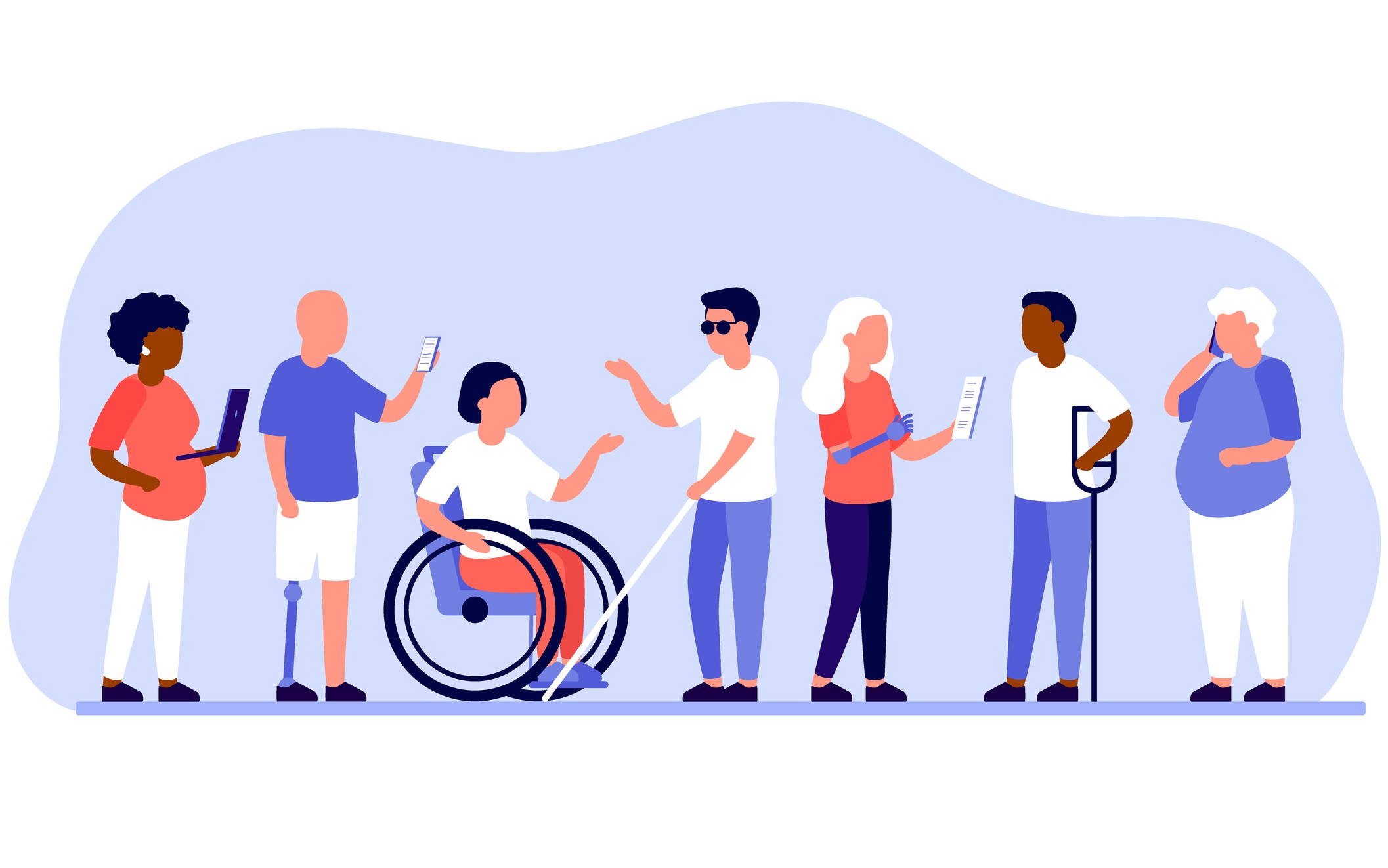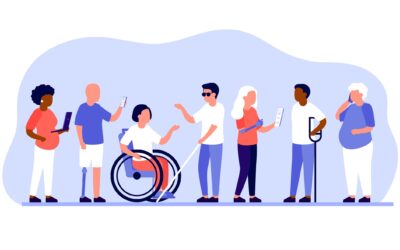Do you work long hours? Do you have a long commute?
If you have sleep problems, the combination of the two may be causing it.
Researchers in Sweden recently published the results of a study that looked at people who work long hours and have long commutes. This study is one of the first to look at the effects of having both a long commute and long work hours.
The research was conducted by studying people who work 40-plus hours a week. They also commute more than 30 minutes each way. Those who qualified had a 25 percent higher risk of having an inactive lifestyle, and 16 percent had a higher risk of problems with sleep.
It’s no secret researchers believe people who are working long hours and commuting longer distances are too tired to exercise. The stress is causing problems with their sleep.
Are you a super commuter?
Studies like this are important, especially as the number of “super commuters” continues to grow. People who travel more than 90 minutes to work one-way have increased by about 32 percent since 2005.
All told, about 3.5 million Americans, roughly 3 percent of the workforce, are super commuters, and it’s having a major impact on their health.
Read more: Super Commuter is Up and Commuter Benefits Can Help
Employers can come up with creative ways for employees to get work done, but avoid the long commuting days. Flex time and remote working arrangements are two ways that commutes can be shortened for those who cannot live near their work for one reason or another.
How commuter benefits can help to ease the long commute
With commuter benefits, employees can save up to $270 each month to use for commuting costs, tax-free. The money can be used for public transit, rideshares (Uber and Lyft), or qualified parking costs.
Employers save because the payroll taxes decrease. They will save on average $41 per month for every employee who participates. That means a company with 50 employees can save $24,000 annually, for example.
If you’d like more information on commuter benefits, download the 101 Guide below:







